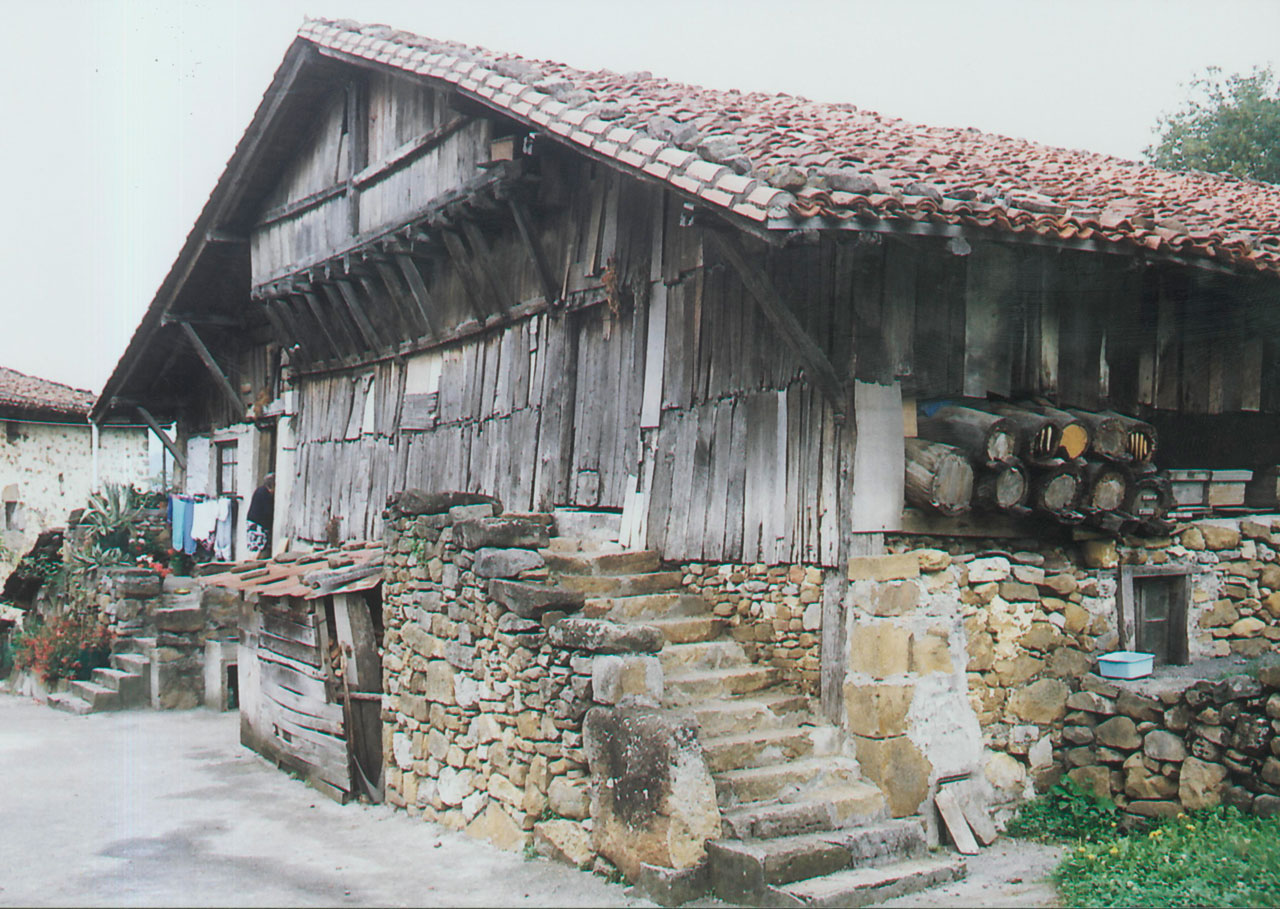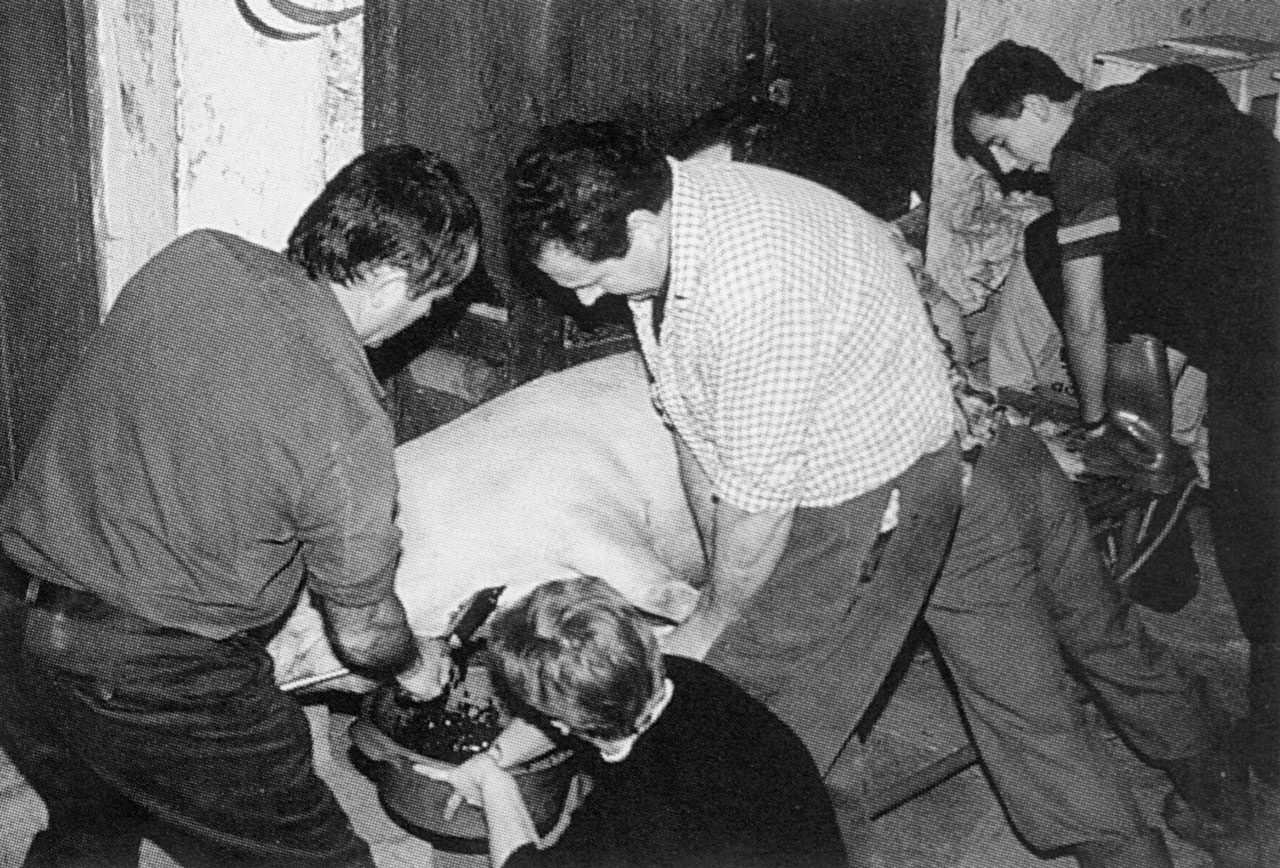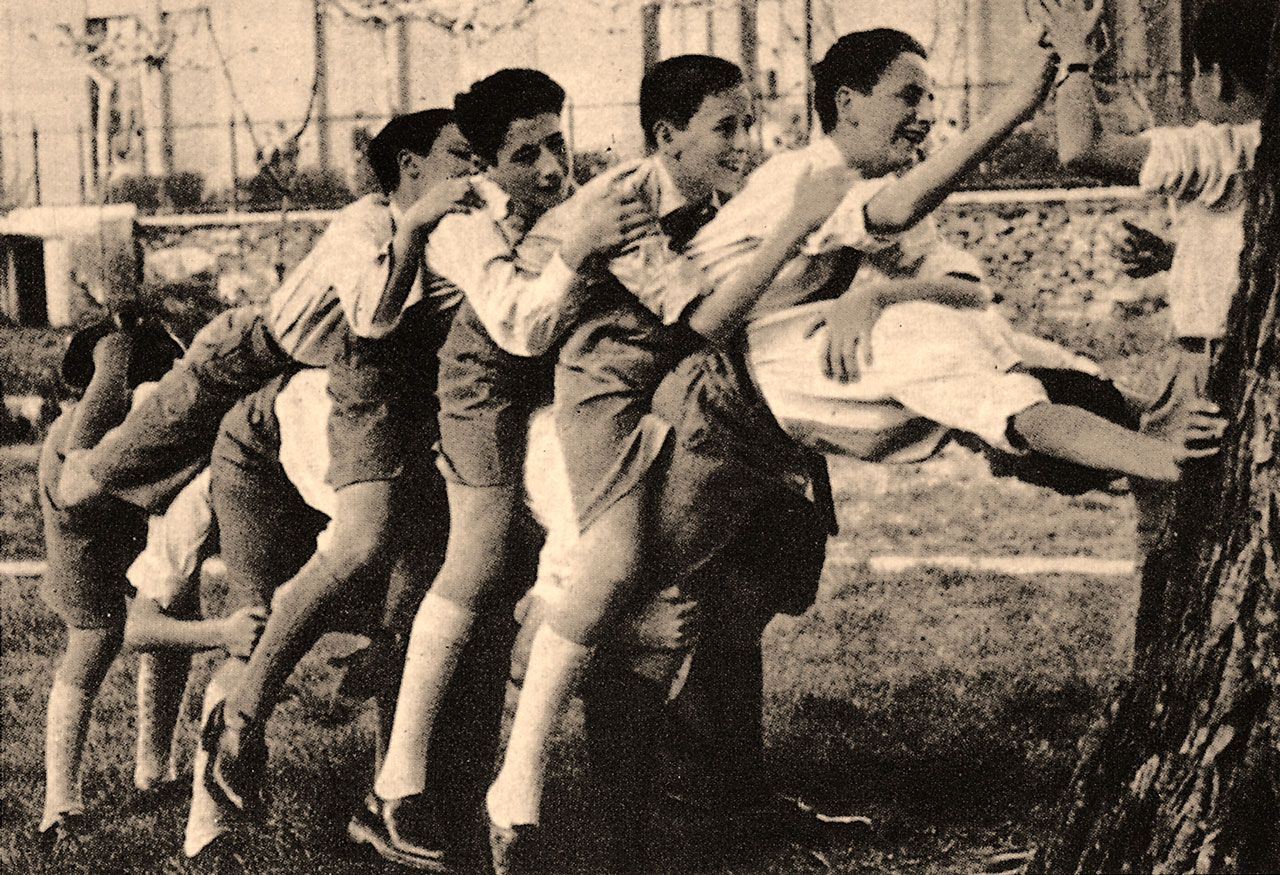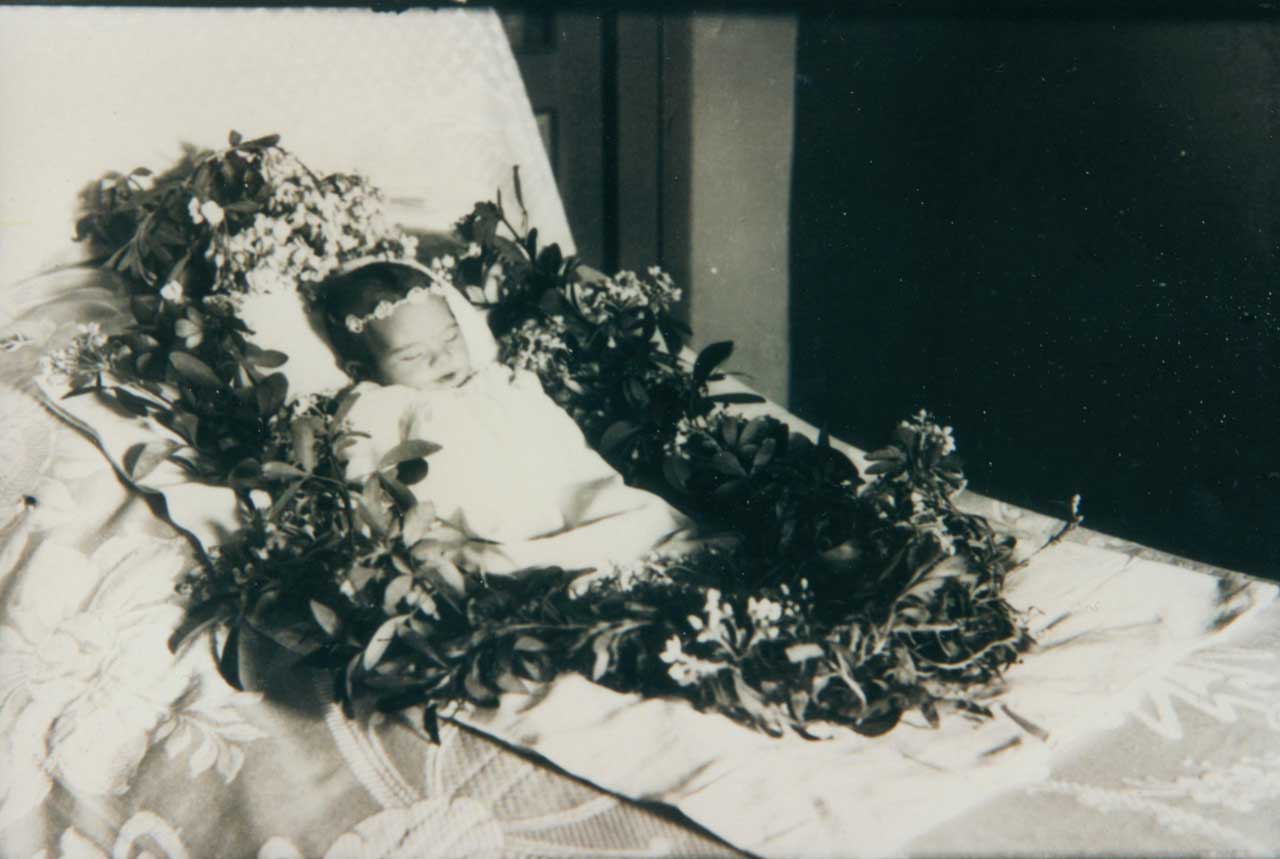Main Page/en
De Atlas Etnográfico de Vasconia
Revisión del 15:00 10 feb 2020 de Admin (discusión | contribuciones)
Munekogoikoa Farmhouse. Neighbourhood of Urigoiti (Orozko-B), 1994. Source: Edurne Romarate, Etniker Euskalerria Groups.
House and Family in the Basque Country


House and Family in the Basque Country
The oldest farmsteads are those where the use of timber was pivotal, both for its internal and external structure.
Family Diet in the Basque Country


Family Diet in the Basque Country
Odolosteak ordeaz. Neighbours and relatives are given black puddings and other pork cuts as a gift at pig slaughter time. It is an act of courtesy, an expression of the close bond shared with them, and part of an established exchange ritual.
Leapfrog jumping. Source: Iñigo Irigoyen, José. Folklore Alavés. Vitoria-Gasteiz: Chartered Government of Álava, 1949.
Children’s Games in the Basque Country


Children’s Games in the Basque Country
Astoka One or more participants bend down in a position that is usually called a frog and the others jump over them.
Traditional Medicine in the Basque Country


Traditional Medicine in the Basque Country
Baratxuria, hamalau gaitzen kontra. Garlic cures all ills.
Nuclear family. Artea (B), c. 1930. Source: Labayru Fundazioa Photograhic Archive: Felipe Manterola Collection.
Rites from Birth to Marriage in the Basque Country


Rites from Birth to Marriage in the Basque Country
Any bachelor, or spinster, traditionally continued to be linked to the homestead and to be an integral part of the family.
Funeral Rites in the Basque Country


Funeral Rites in the Basque Country
Jaiotzetik heriotza zor. When you begin to live, you being to die.
Livestock Farming and Shepherding in the Basque Country


Livestock Farming and Shepherding in the Basque Country
The priority of the right of herds to cross arable land is expressed in the sentence: soroak zor dio larreari ‘arable land is indebted to grassland’.
Agriculture in the Basque Country


Agriculture in the Basque Country
Until the 1950s, flour mills were an essential aspect of the livestock-farming economy of our villages.








